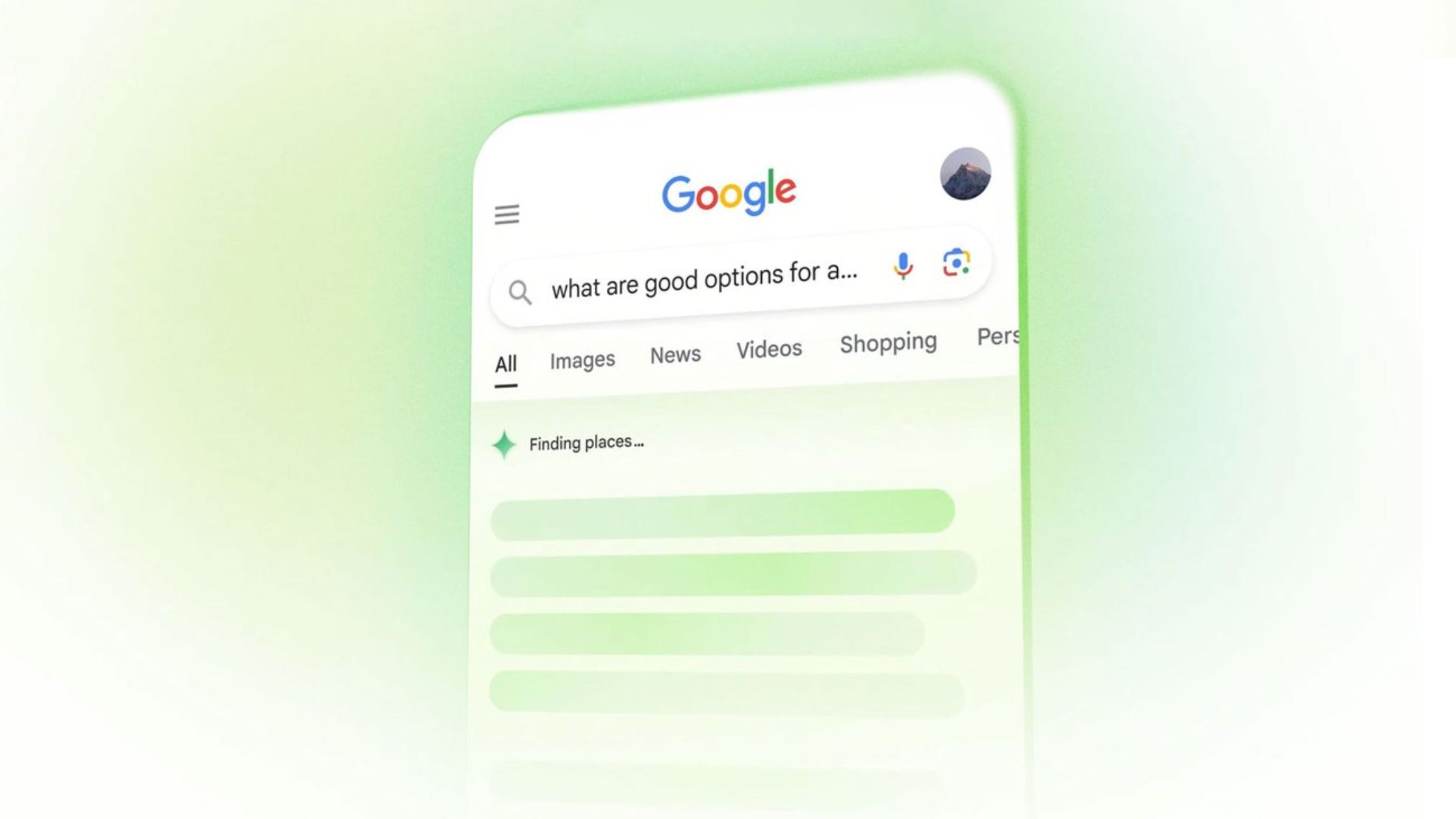The SEO playbook is no longer what it used to be. With Google’s shift toward AI-powered answers at the top of search results, publishers and marketers are starting to face a hard truth — clicks are vanishing, and they’re not coming back.
Search has changed. Again. But this time, the stakes are different.
According to SparkToro and Datos, only 360 out of every 1,000 U.S. searches on Google now lead to clicks on the open web. That means over 3 trillion annual searches end in zero clicks or redirect users to Google-owned properties like Maps, YouTube, or AI Overviews.
And Google isn’t hiding it. Executives, internal memos, and product launches are all pointing in the same direction: AI is now the front door of search.
AI Overviews Are Eating the Clicks
Position 1 used to be gold. Now, it’s just part of a long scroll past AI-generated summaries that give users what they want without needing to visit your site.
If your content is cited in an AI Overview, it may count as an impression. But it often doesn’t lead to a visit. That’s the crux of the “decoupling” many SEOs are talking about — where impressions keep rising but organic traffic drops off a cliff.
Google’s own Martin Splitt put it bluntly: “Clicks might stagnate or go down… and the clicks you do get are more likely to convert.”
That might sound like a win — but not for publishers whose survival depends on volume. Impressions don’t pay salaries. Clicks do.
Is SEO Still Worth It?
Yes — but it’s changing.
Michael King called it “deprecated” SEO during his SMX Advanced presentation. Not dead, but no longer delivering the same ROI.
We’re seeing the rise of GEO (Generative Engine Optimization), AEO (Answer Engine Optimization), and broader strategies like “Search Everywhere Optimization” — an approach that goes beyond Google to optimize for platforms like TikTok, LinkedIn, YouTube, and Reddit.
Ryan Jones from Razorfish said it best: “It’s not about the query anymore. It’s about semantic relevance to the topic.”
In other words, brands that get cited across platforms, content types, and AI systems will win. The days of keyword stuffing and metadata tricks are long gone.
Google Isn’t Trying to Drive Traffic Anymore
The original mission statement tells you everything: “Organize the world’s information and make it universally accessible and useful.”
Notice what’s missing? There’s no mention of driving traffic to publishers. That was always a side effect — not the goal.
Alphabet CEO Sundar Pichai has already said Google is moving toward an AI Mode where conversation, not the blue link, becomes the main interface. That’s not a subtle shift. That’s a fundamental redefinition of search.
What Marketers and Publishers Should Do Now
SEO isn’t dead. But it’s not enough anymore. If you’re still playing by the old rules, you’re competing in a game that no longer exists.
What matters now:
- Building authority and brand trust beyond rankings
- Creating content that gets cited by AI, not just indexed by Google
- Owning your audience through email, communities, and direct platforms
- Understanding how your site appears in AI Overviews and LLM outputs
- Measuring success beyond just organic clicks
Because at this point, Google organic traffic isn’t coming back — at least not in the way we once knew it.


